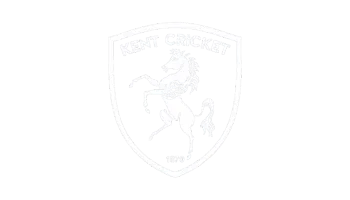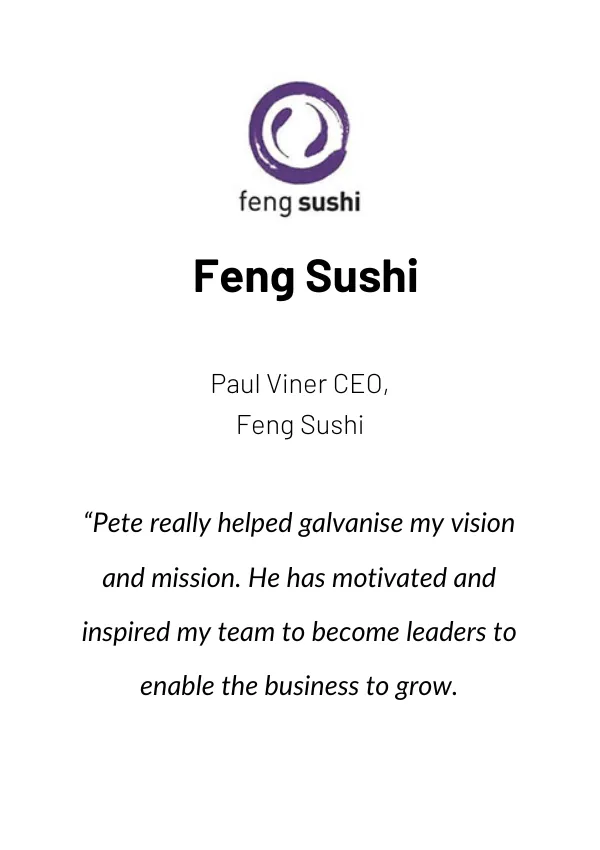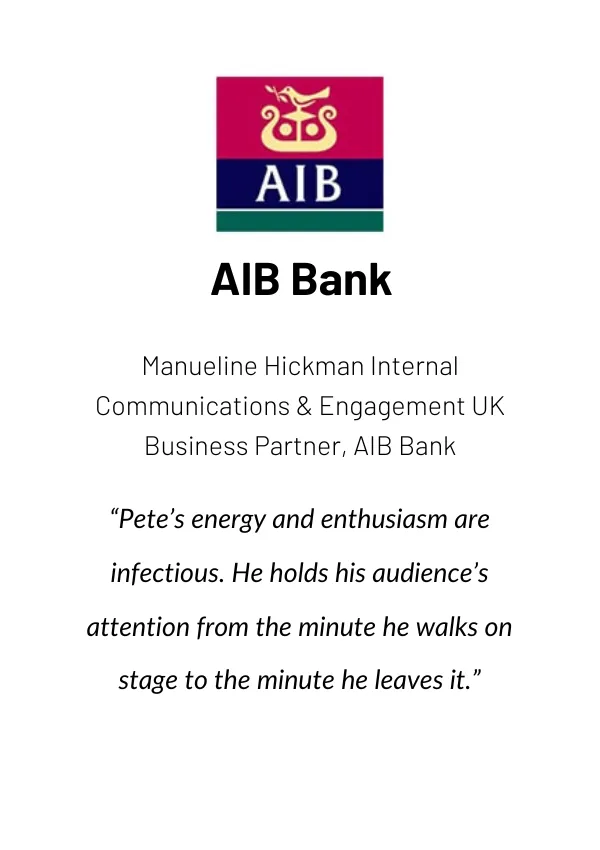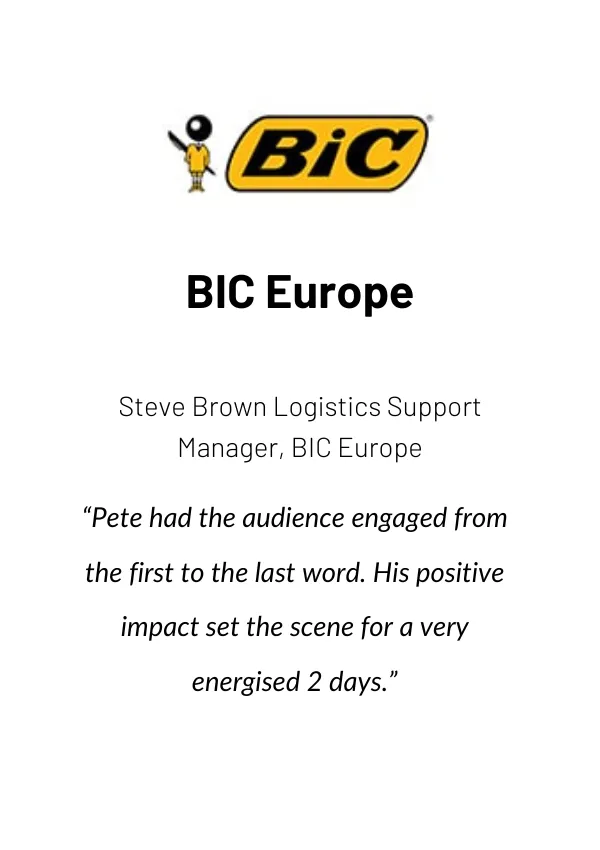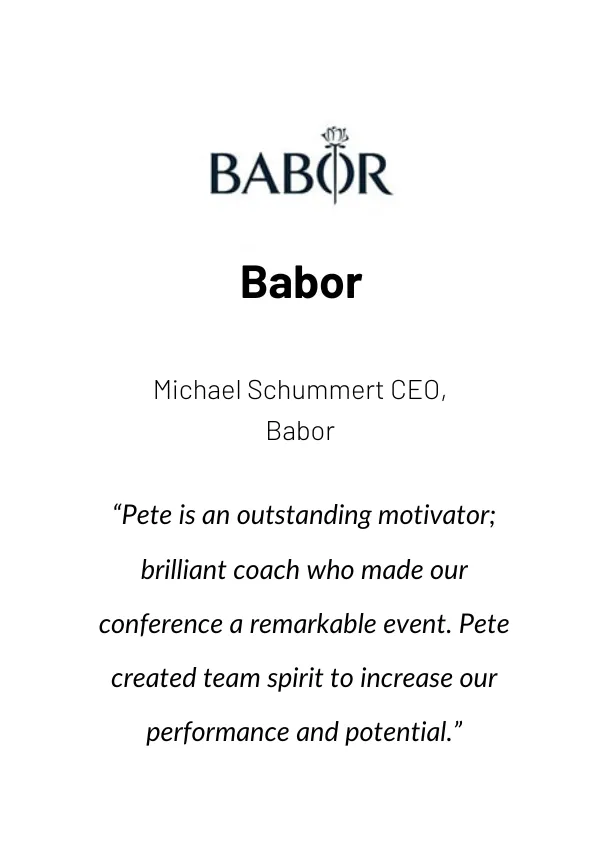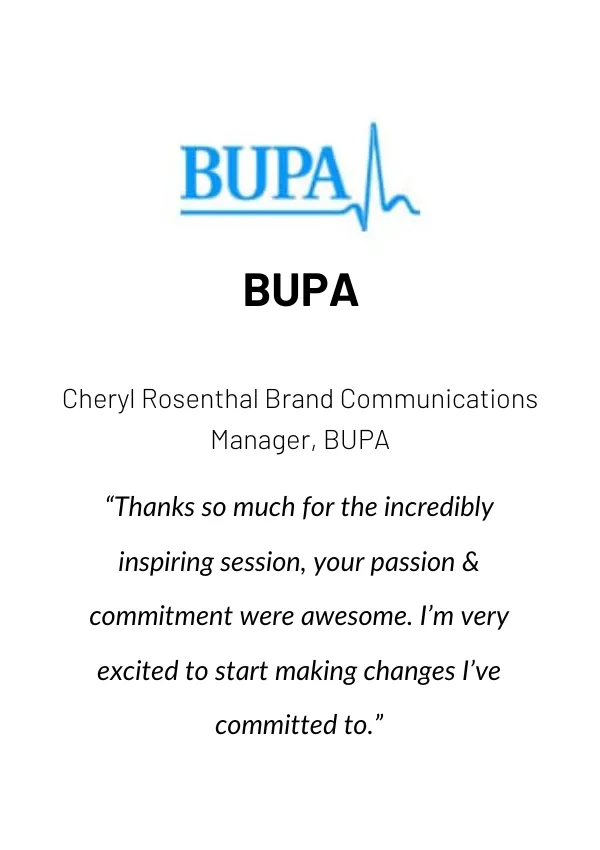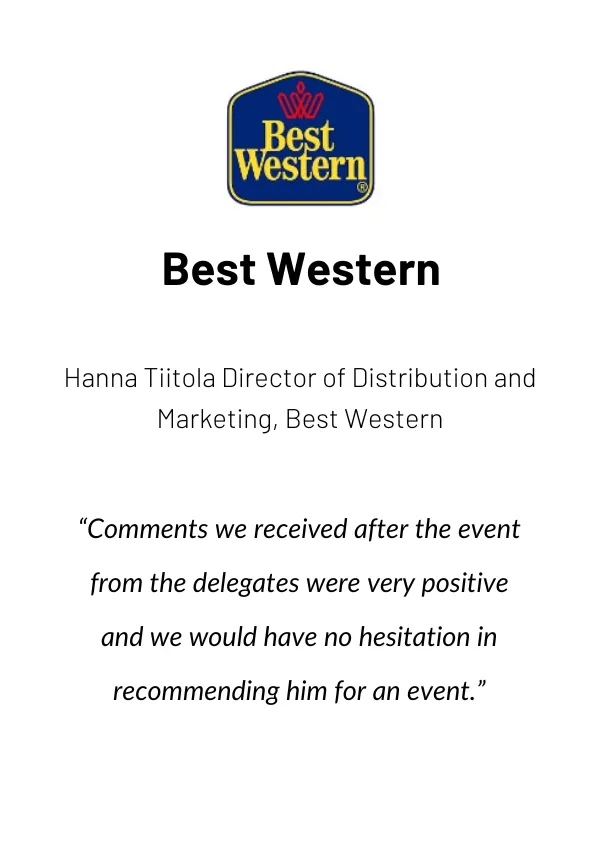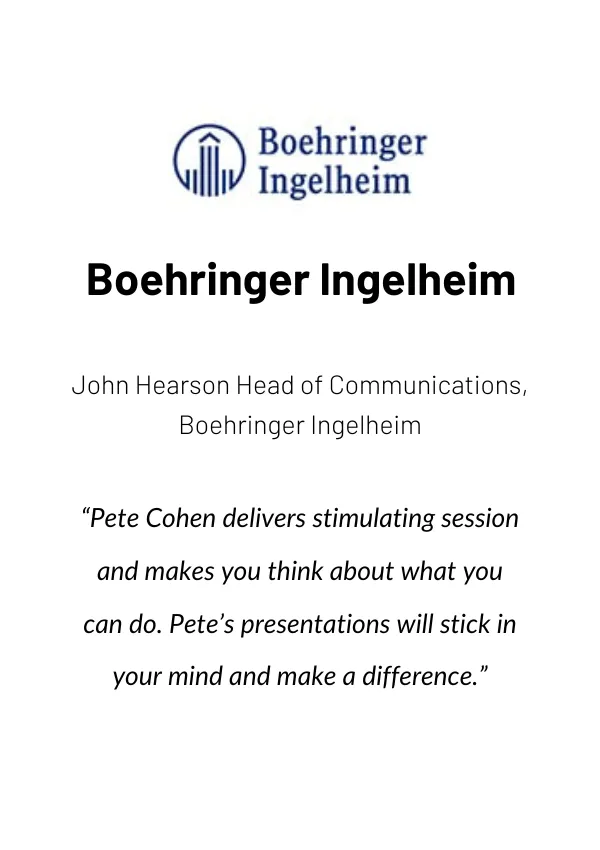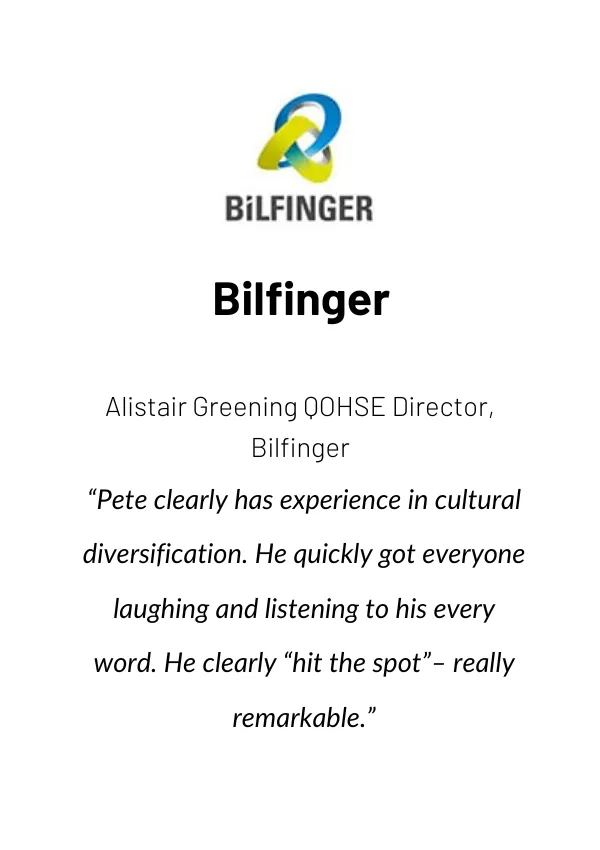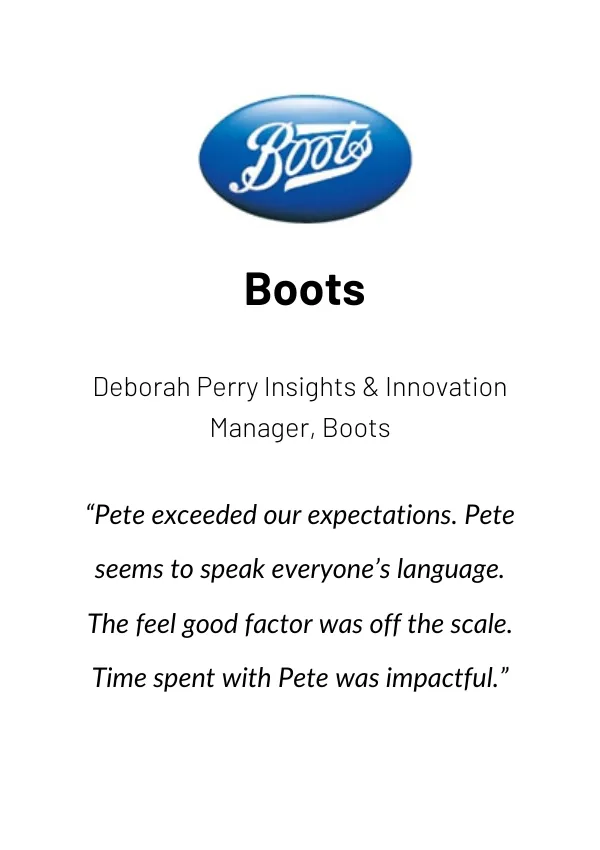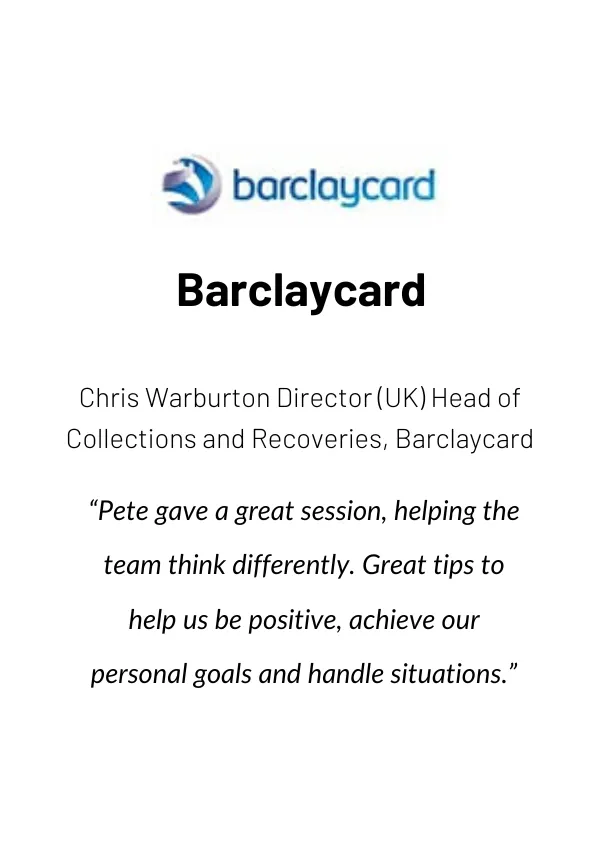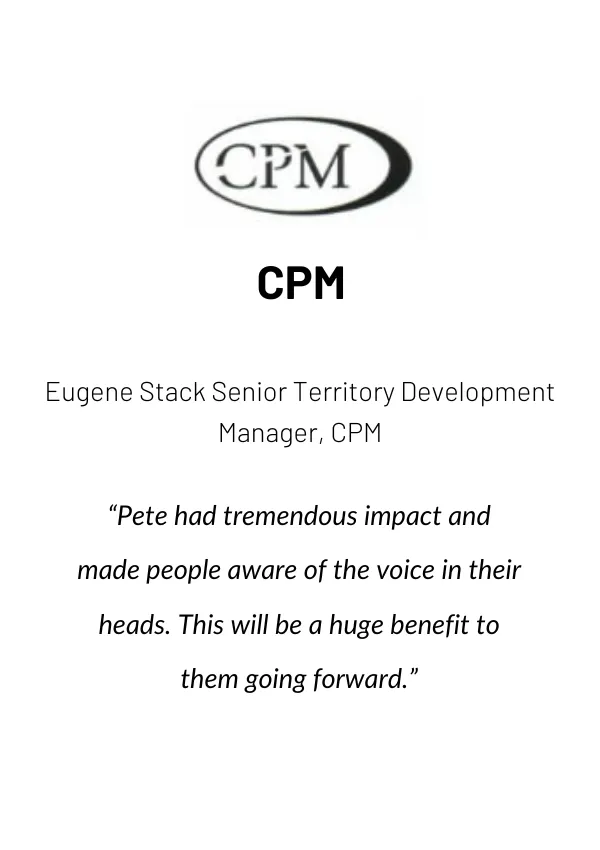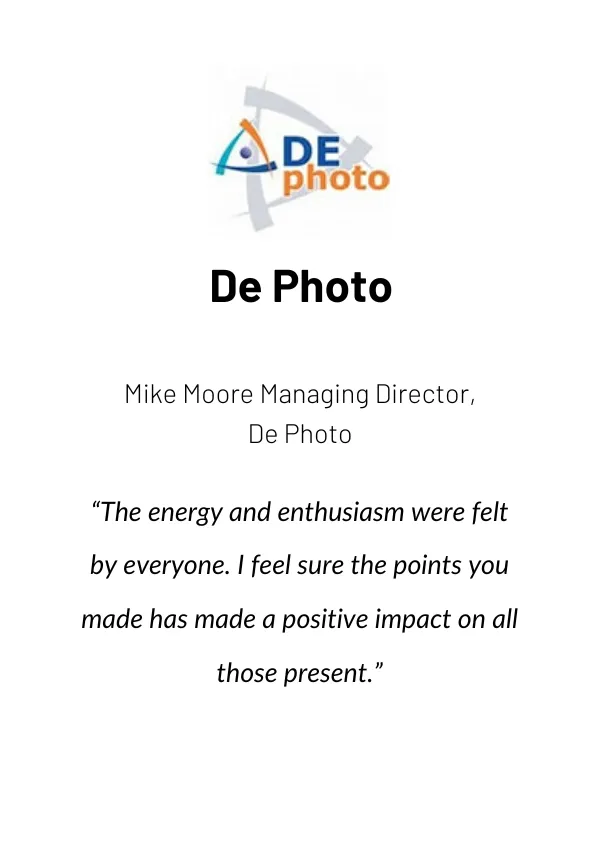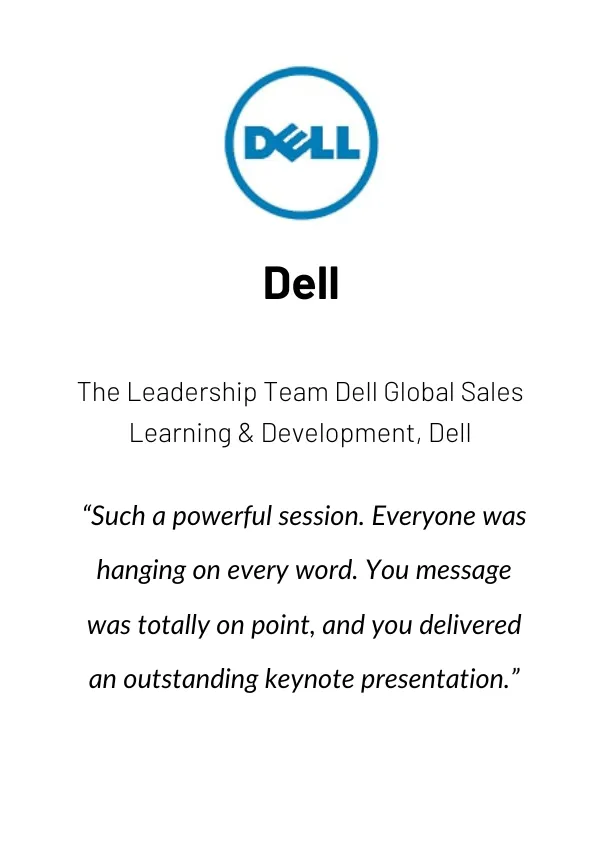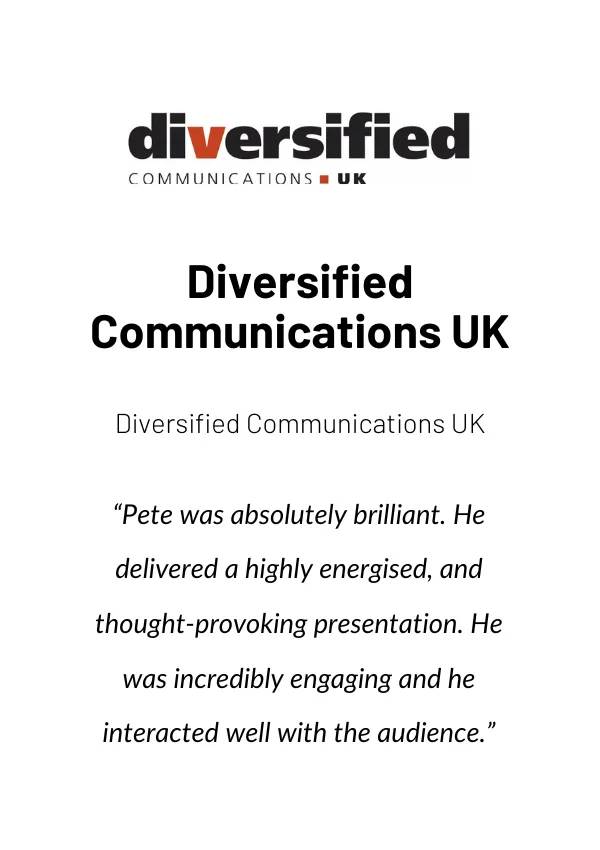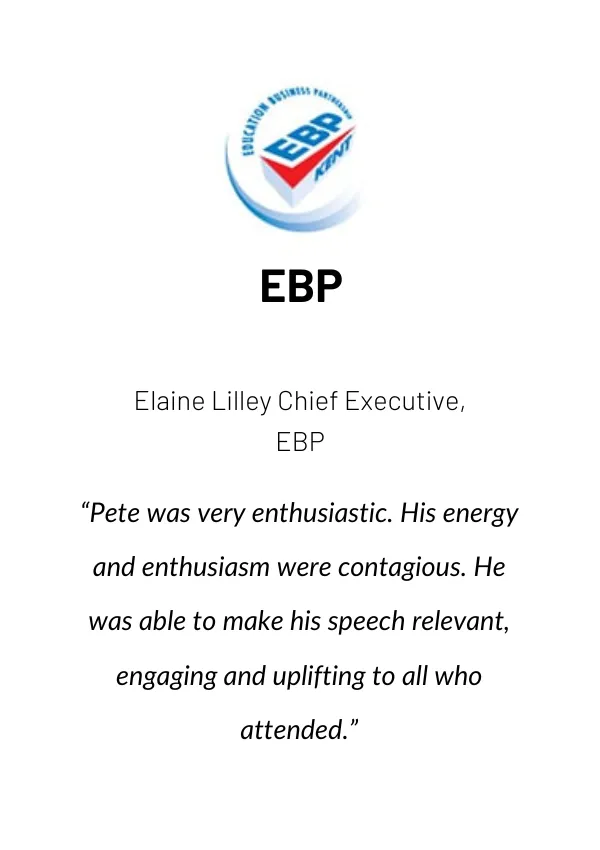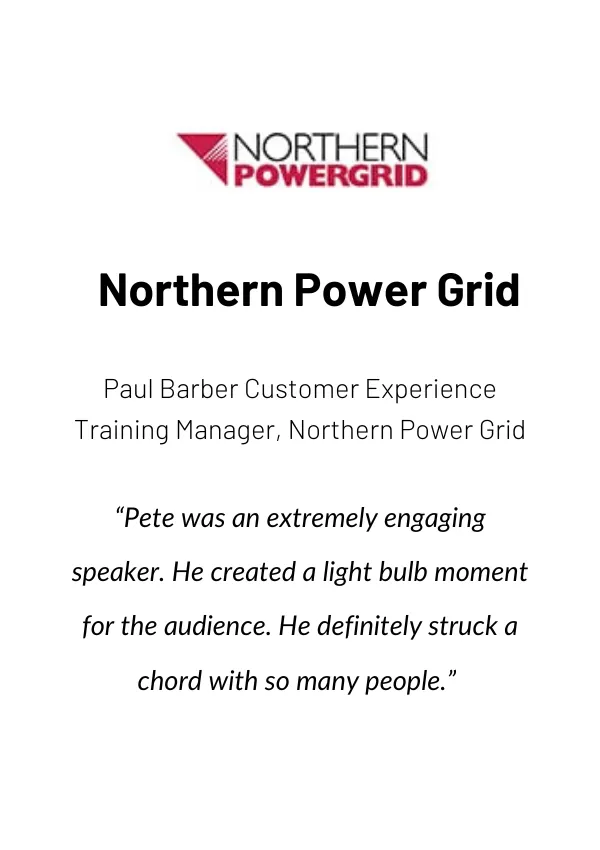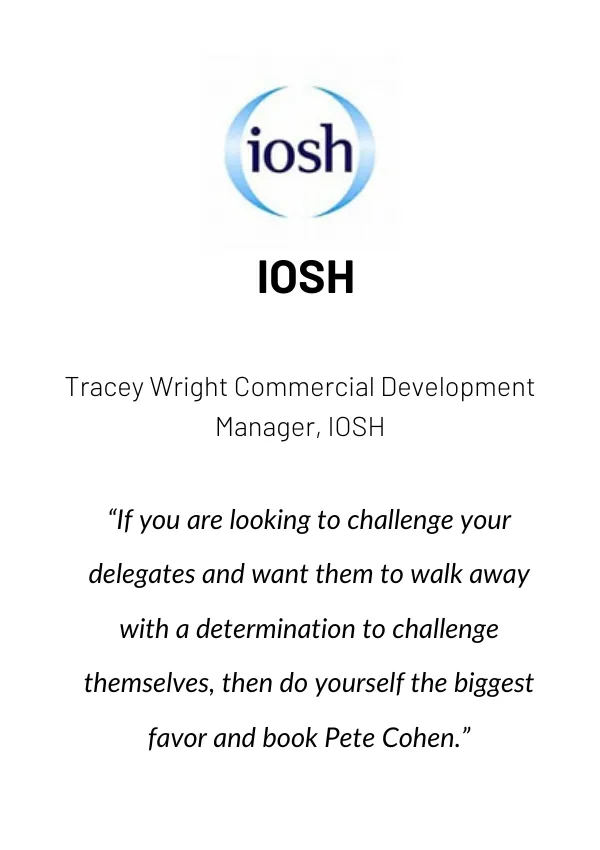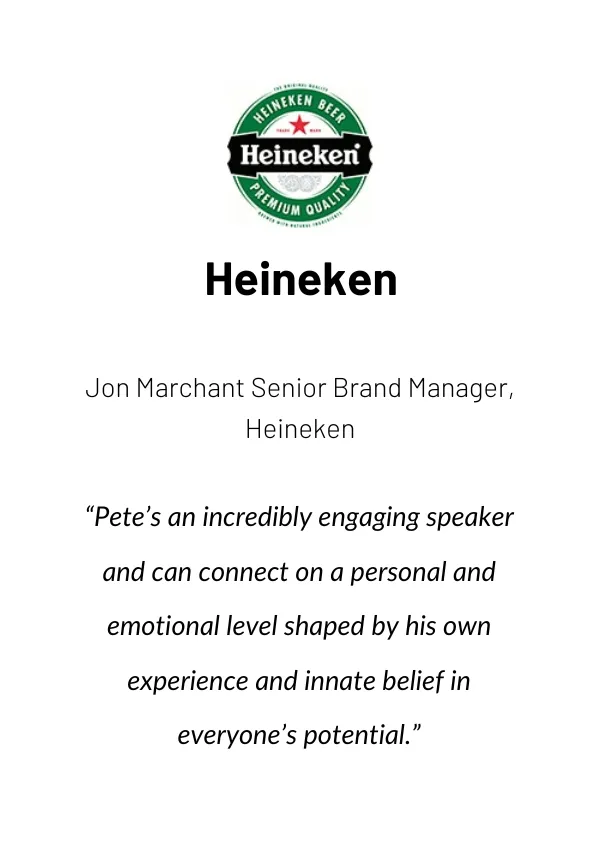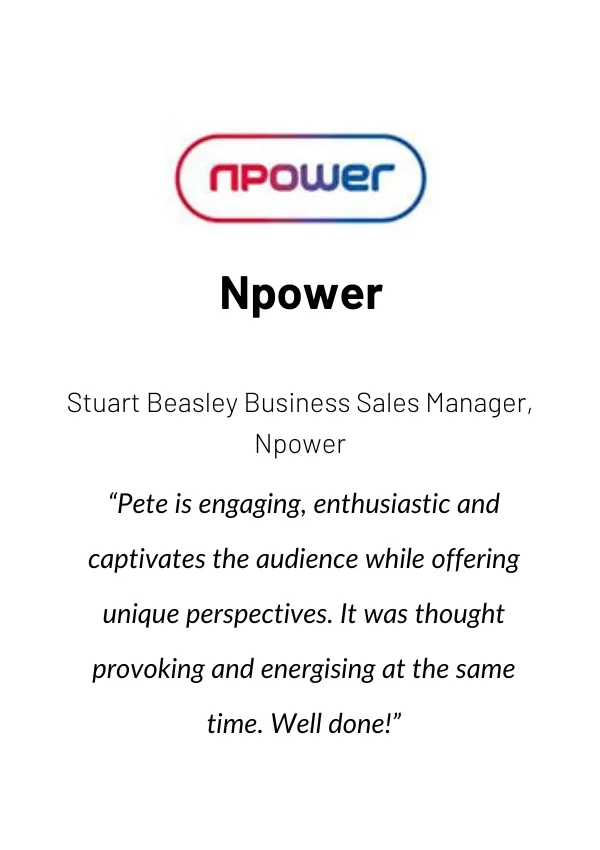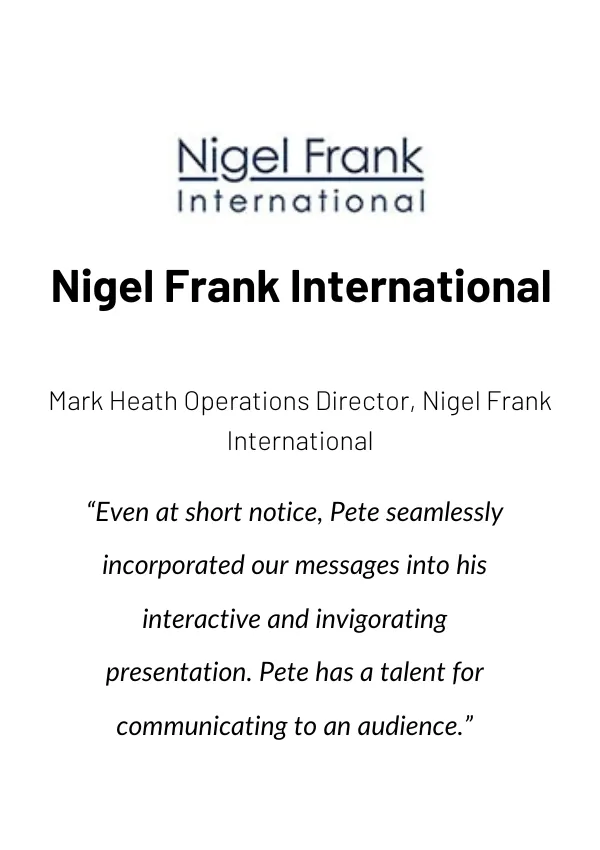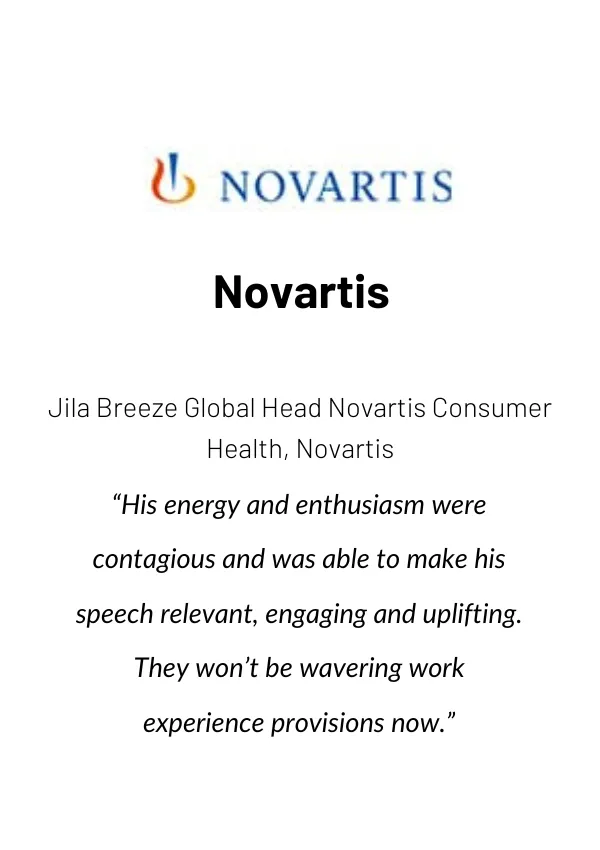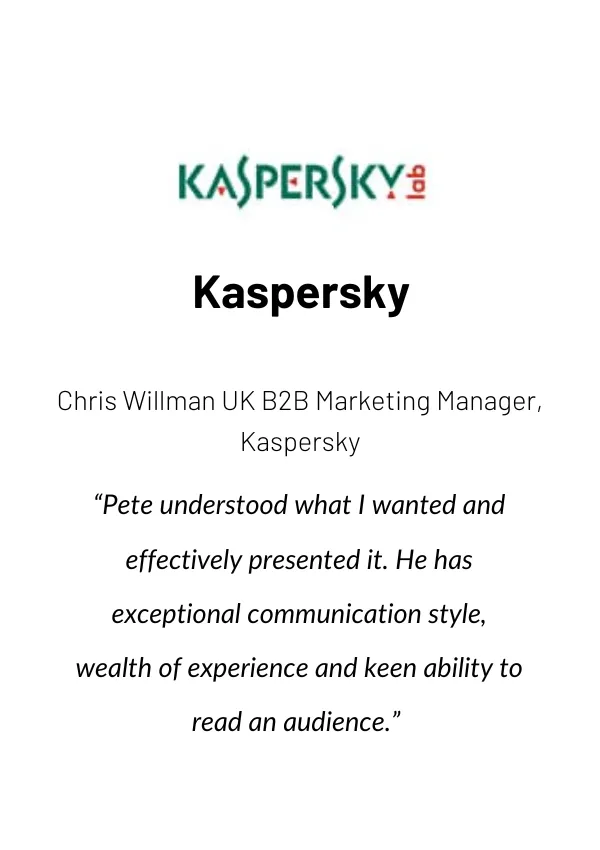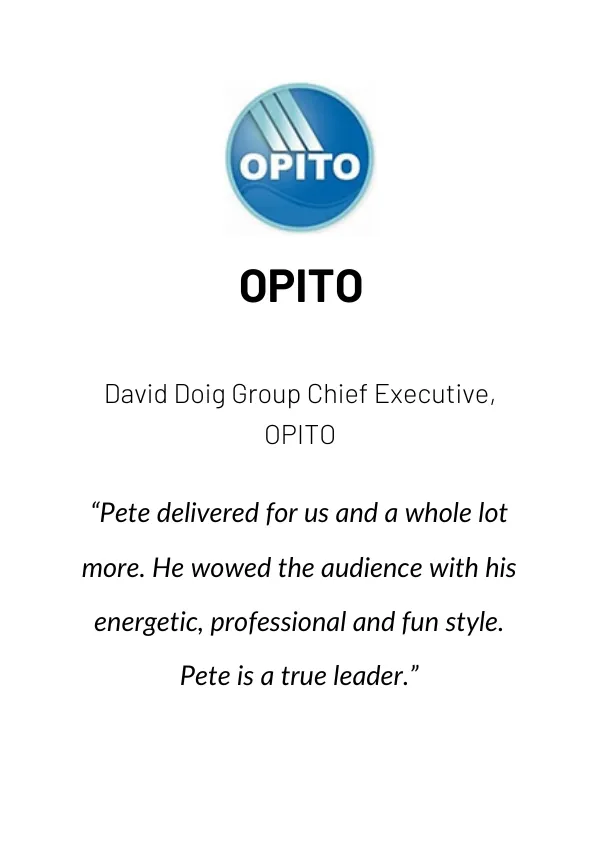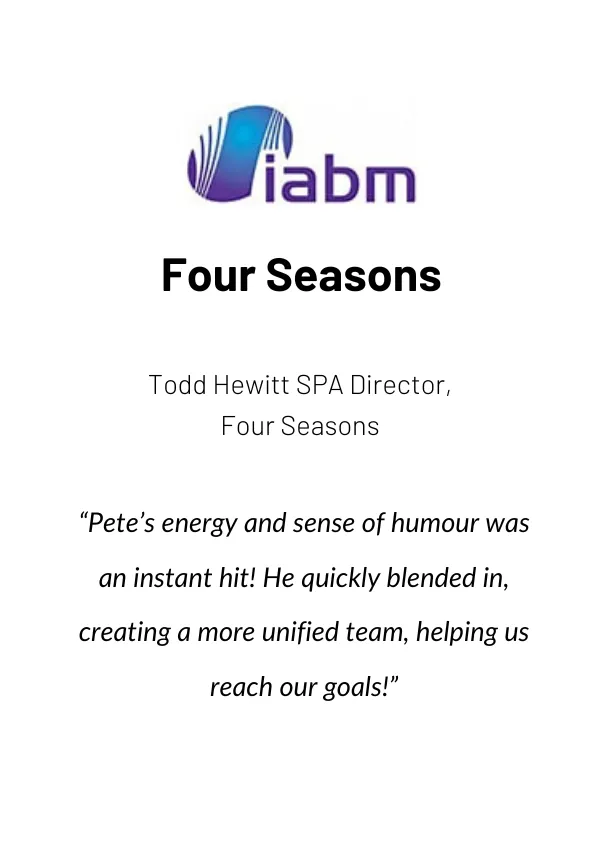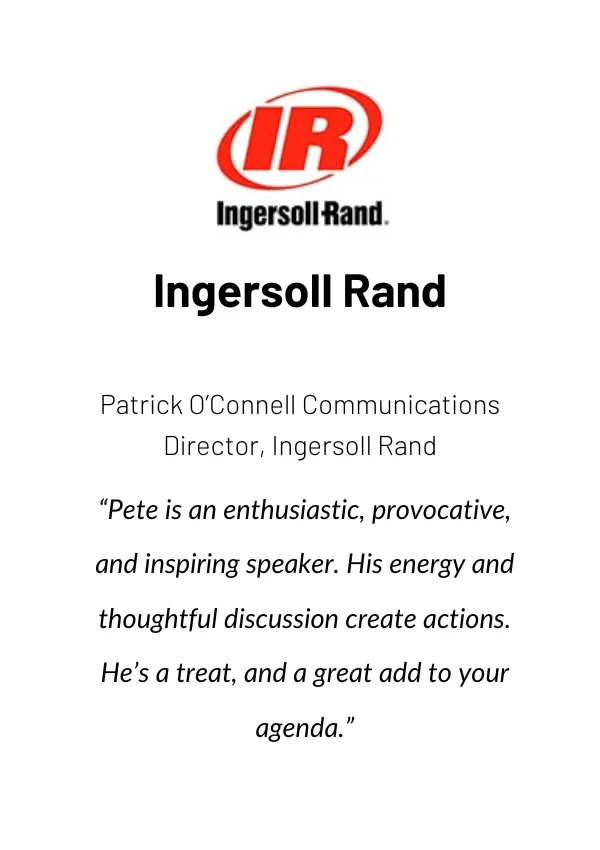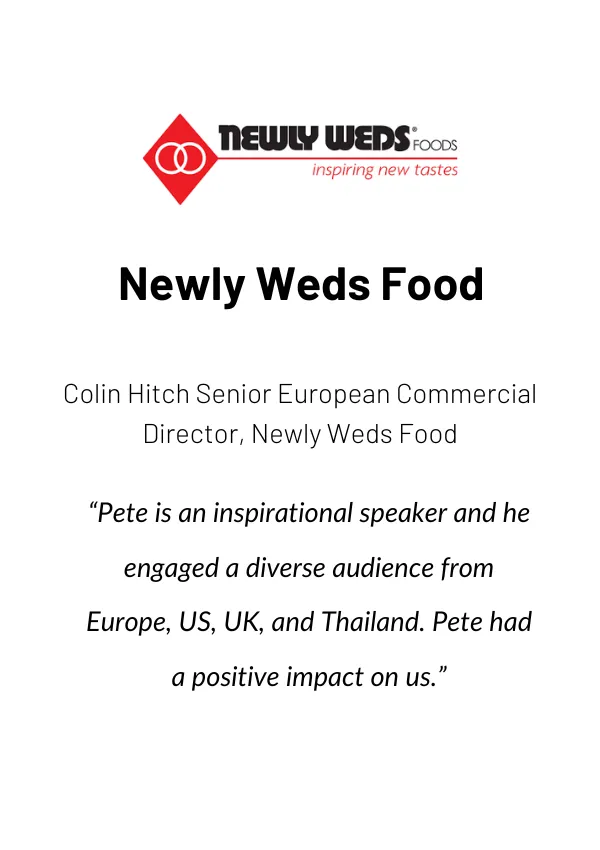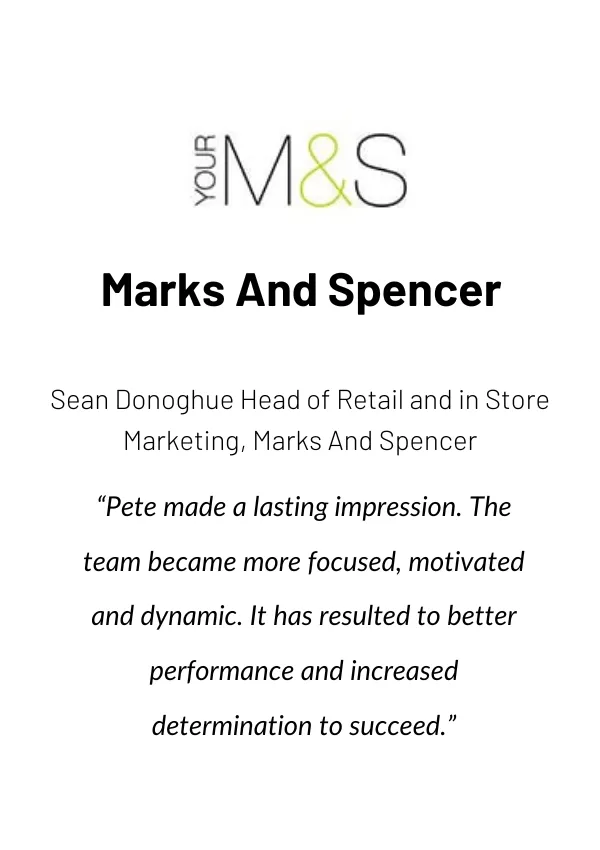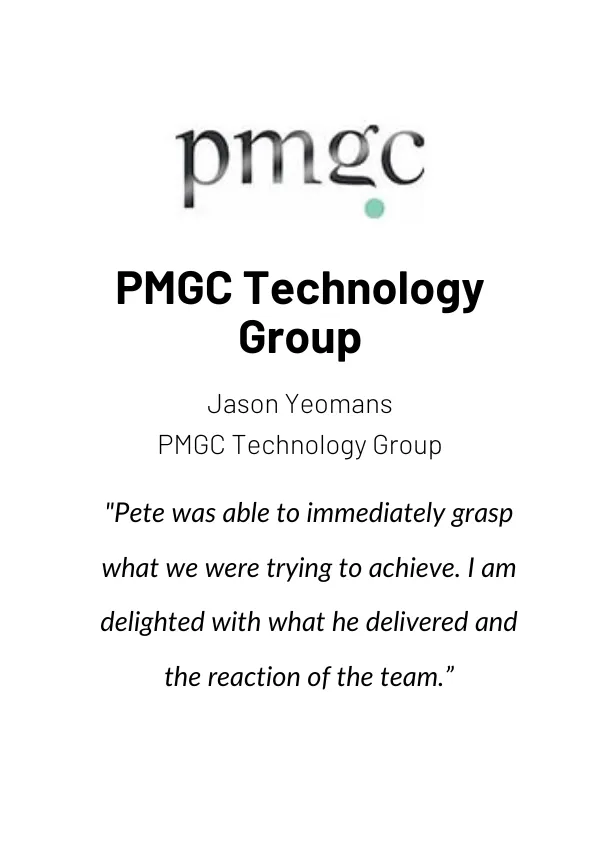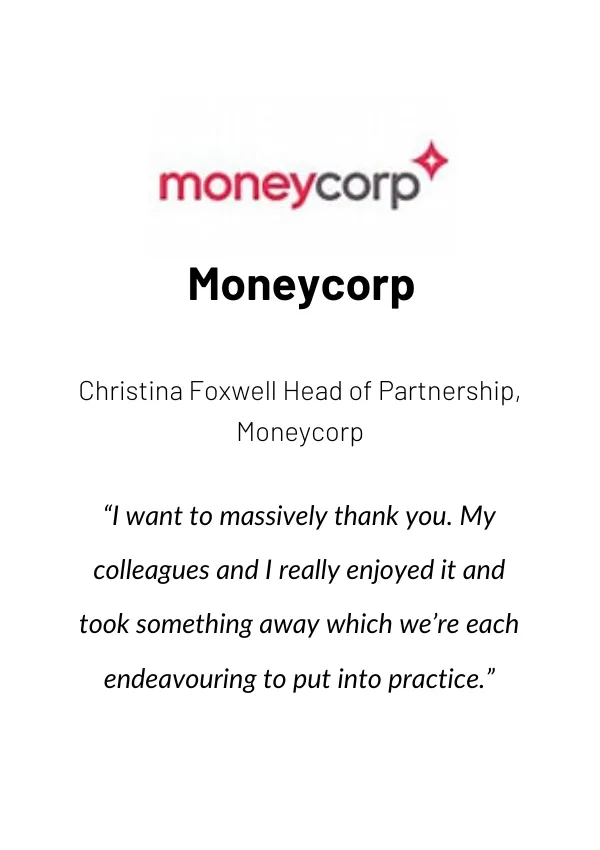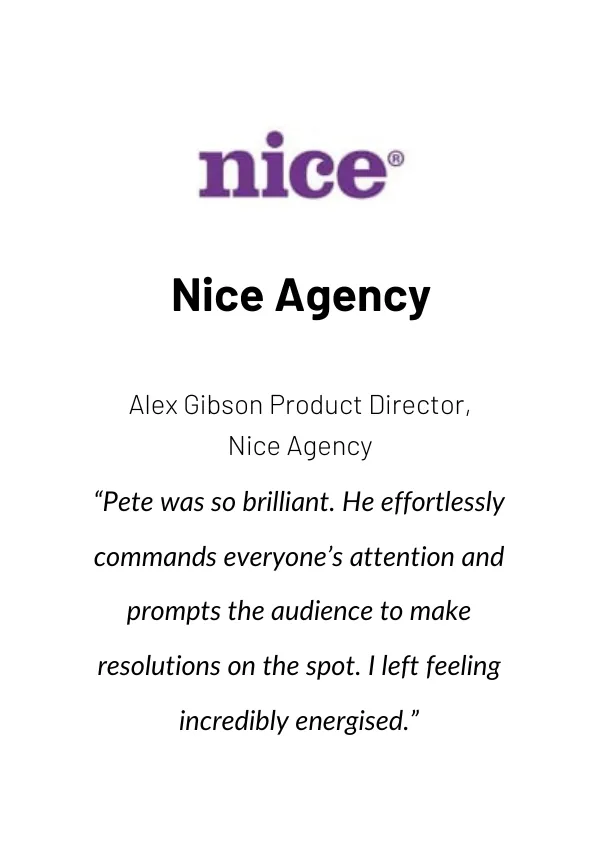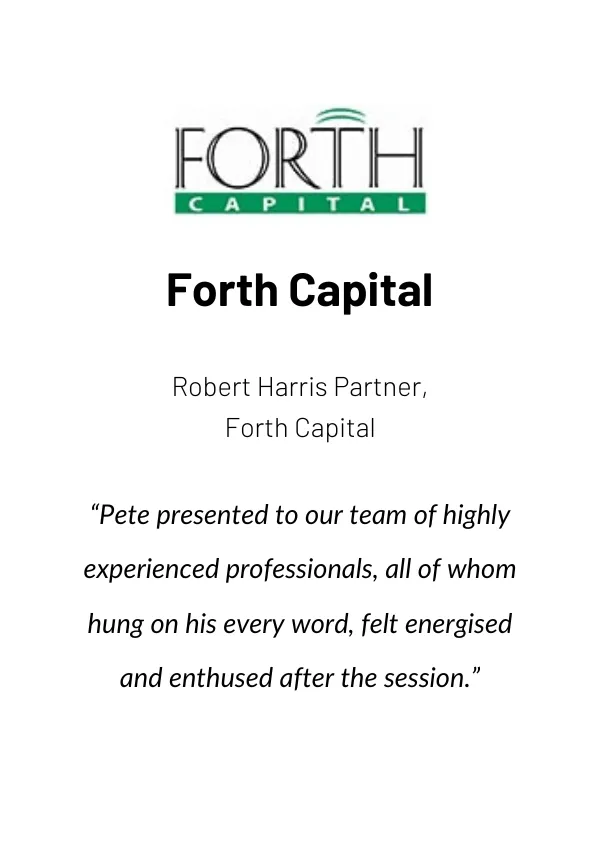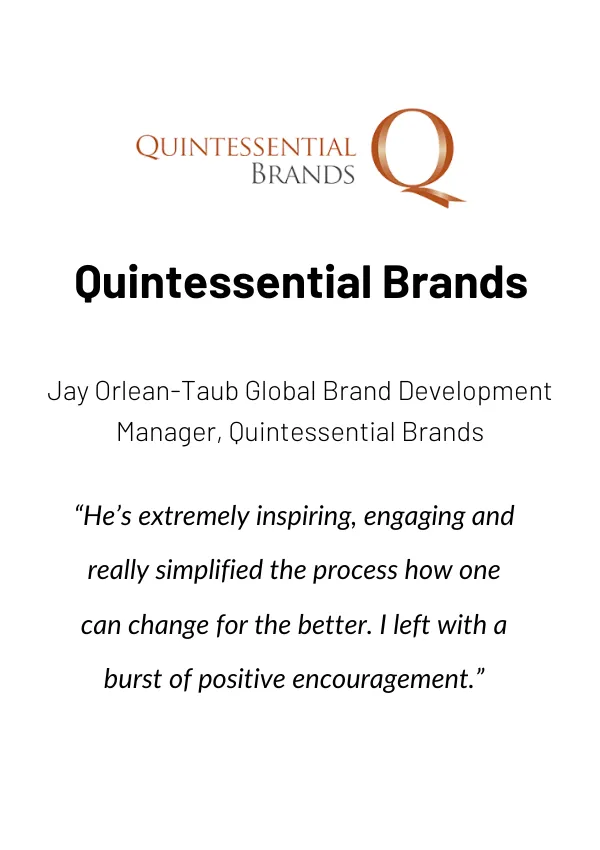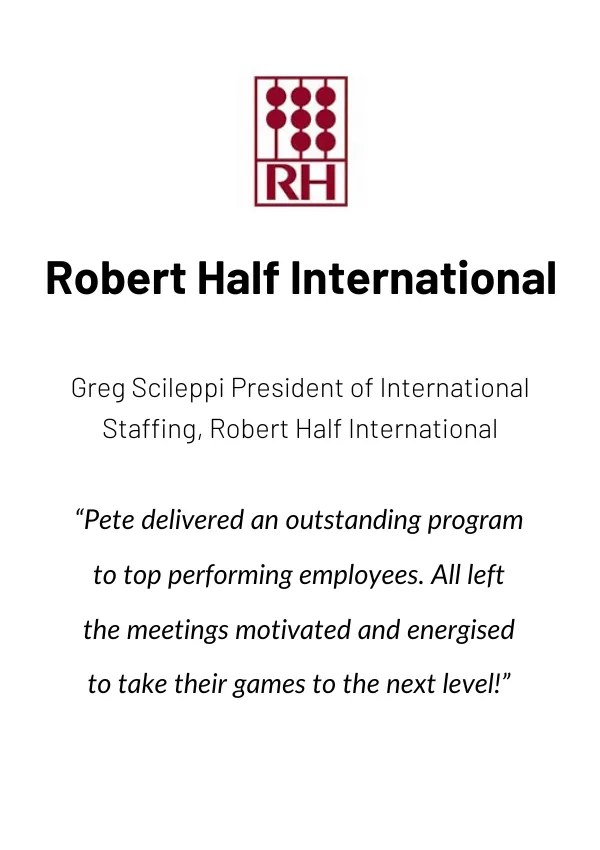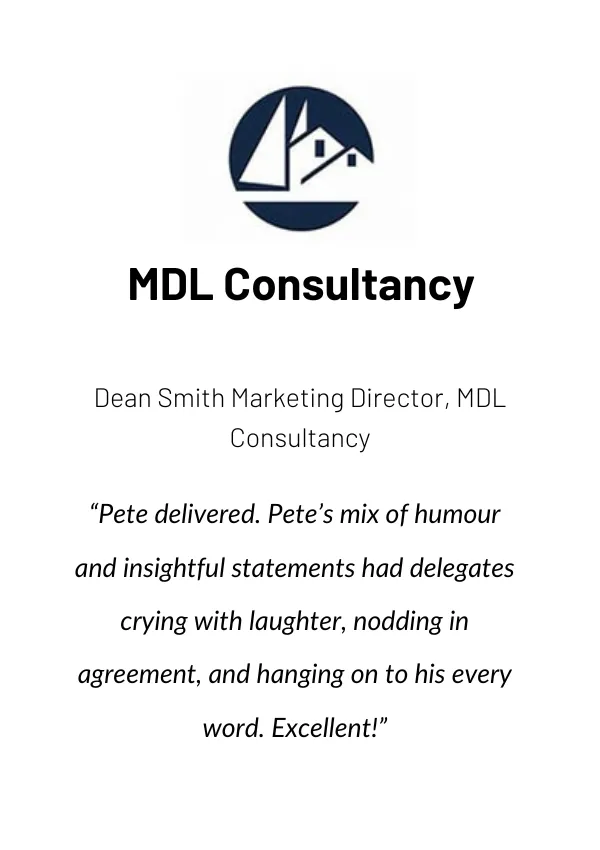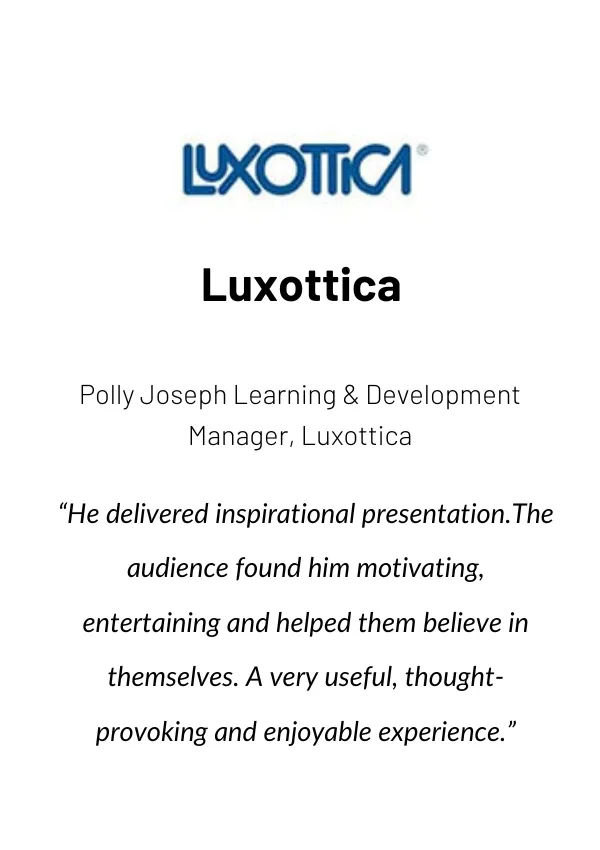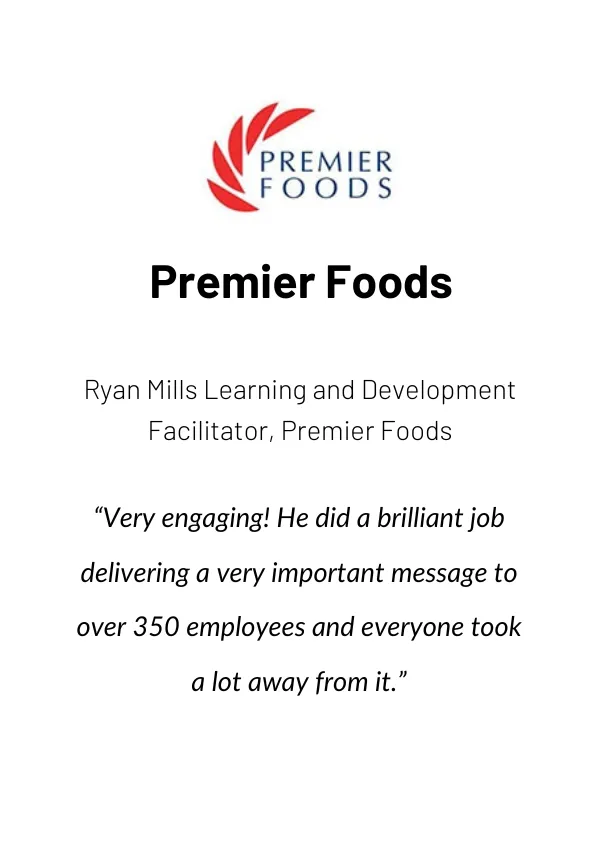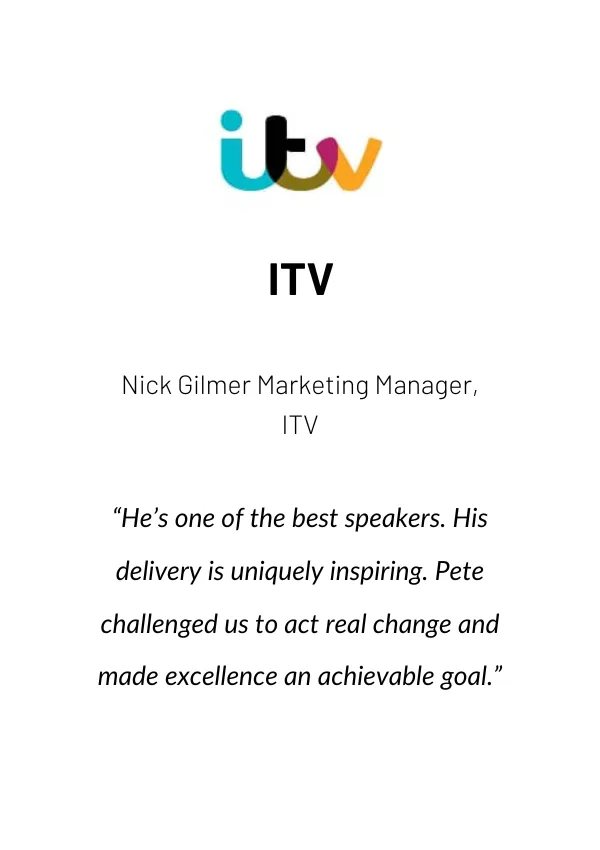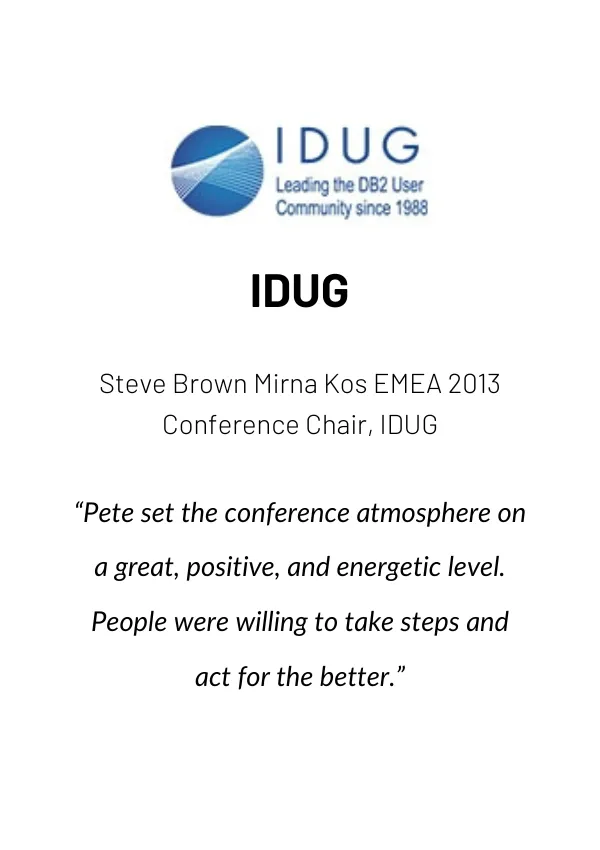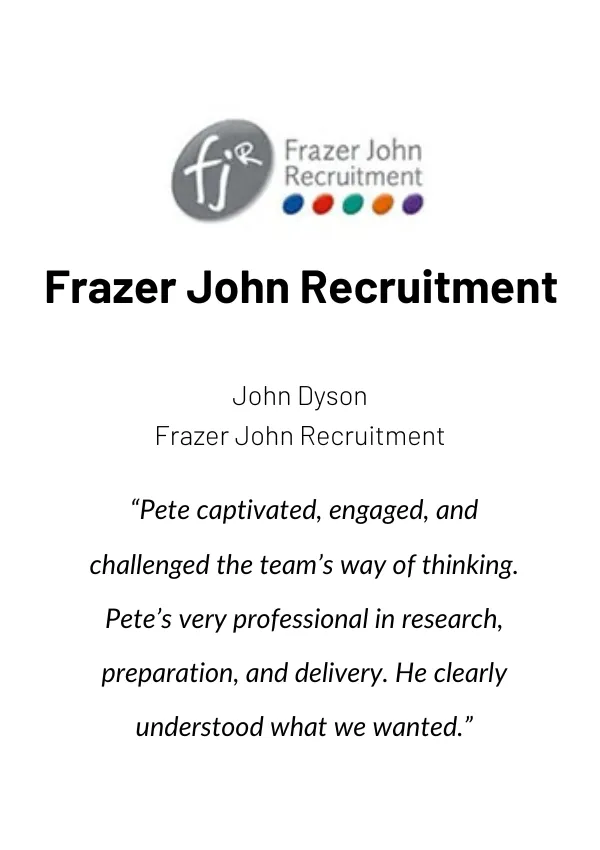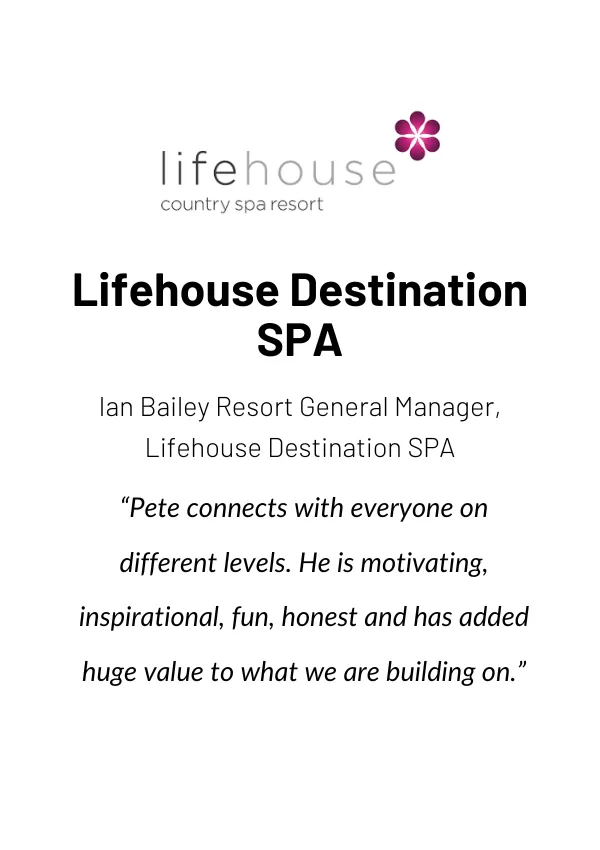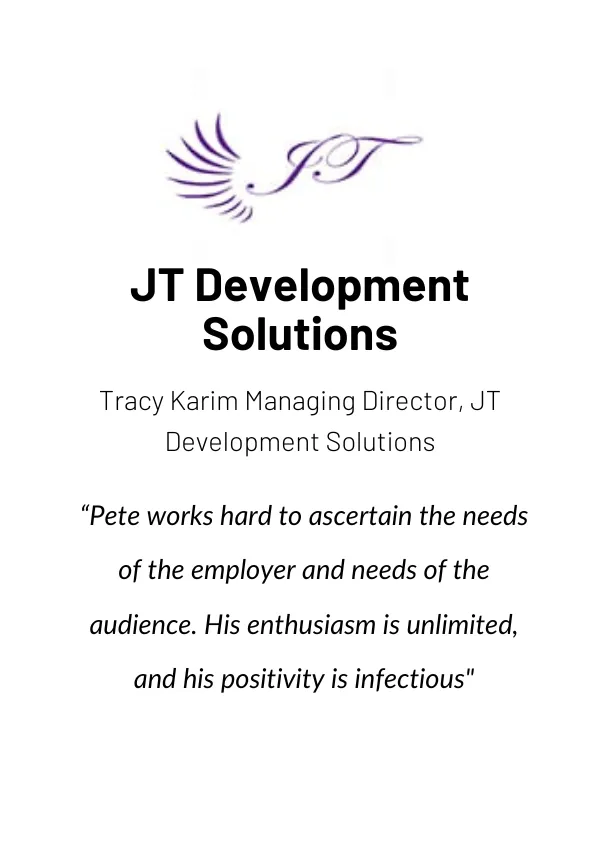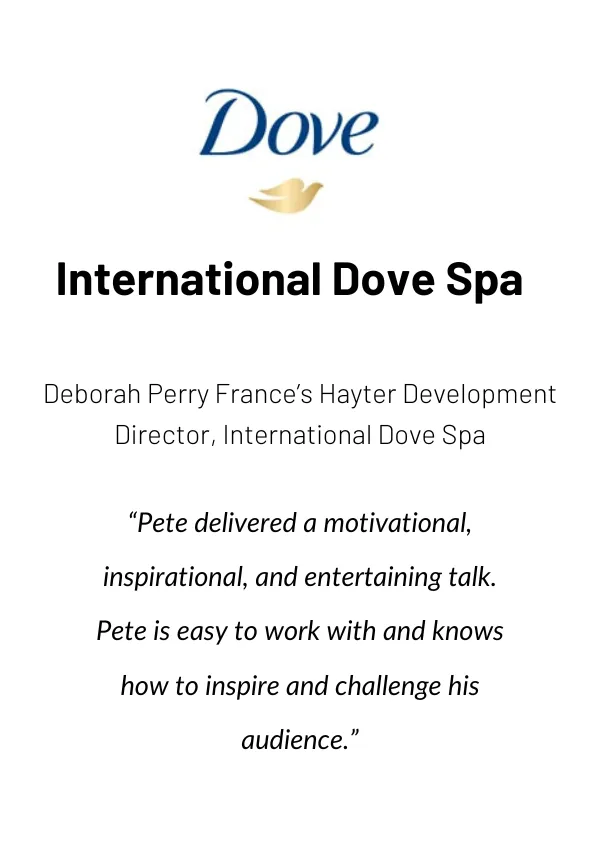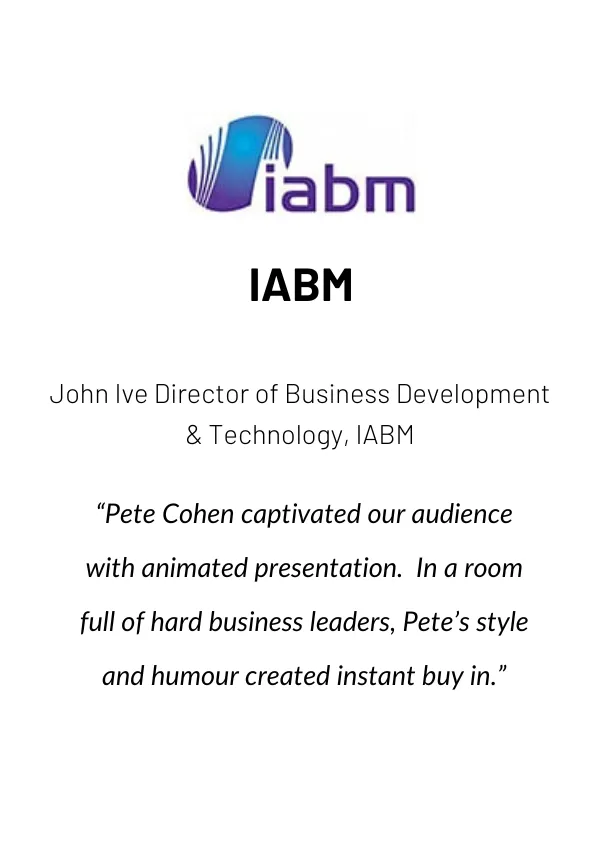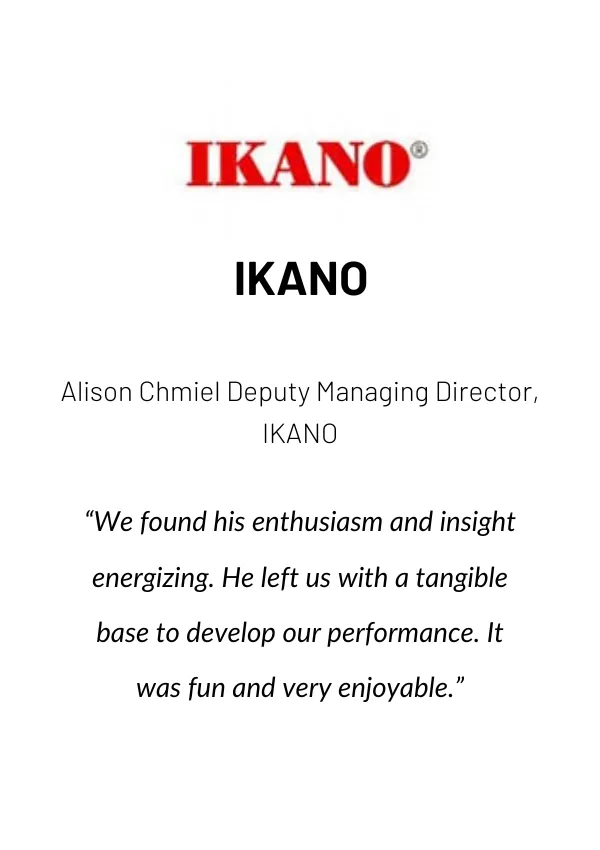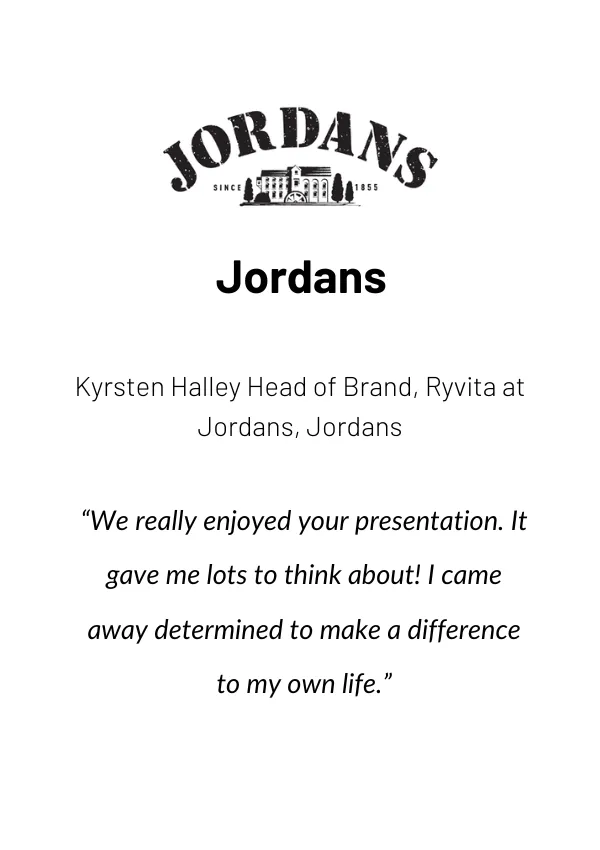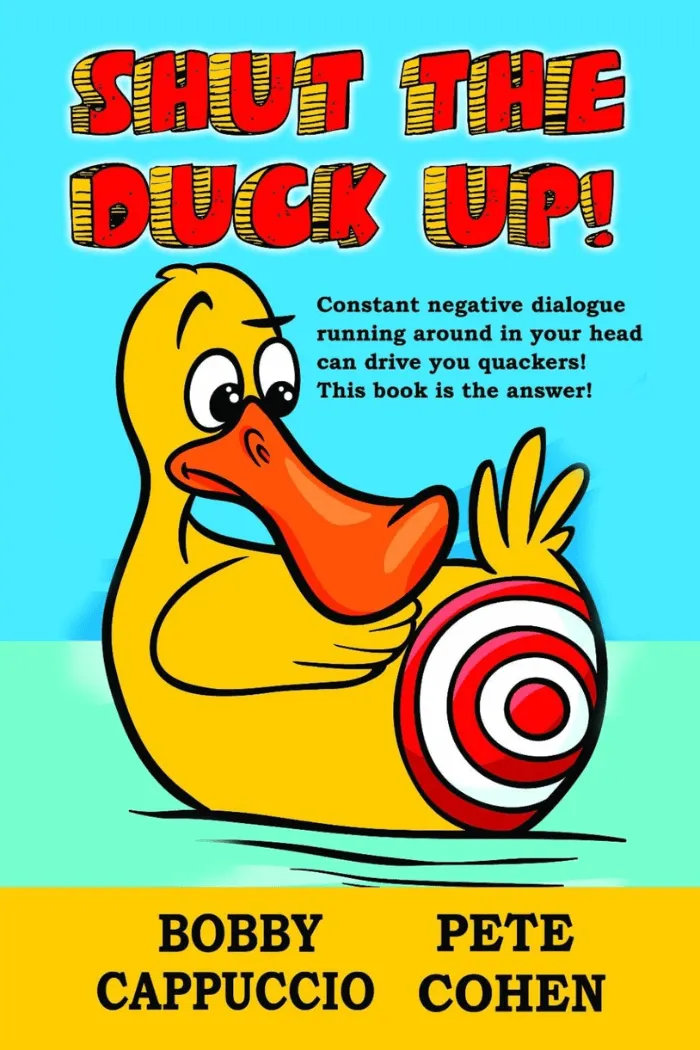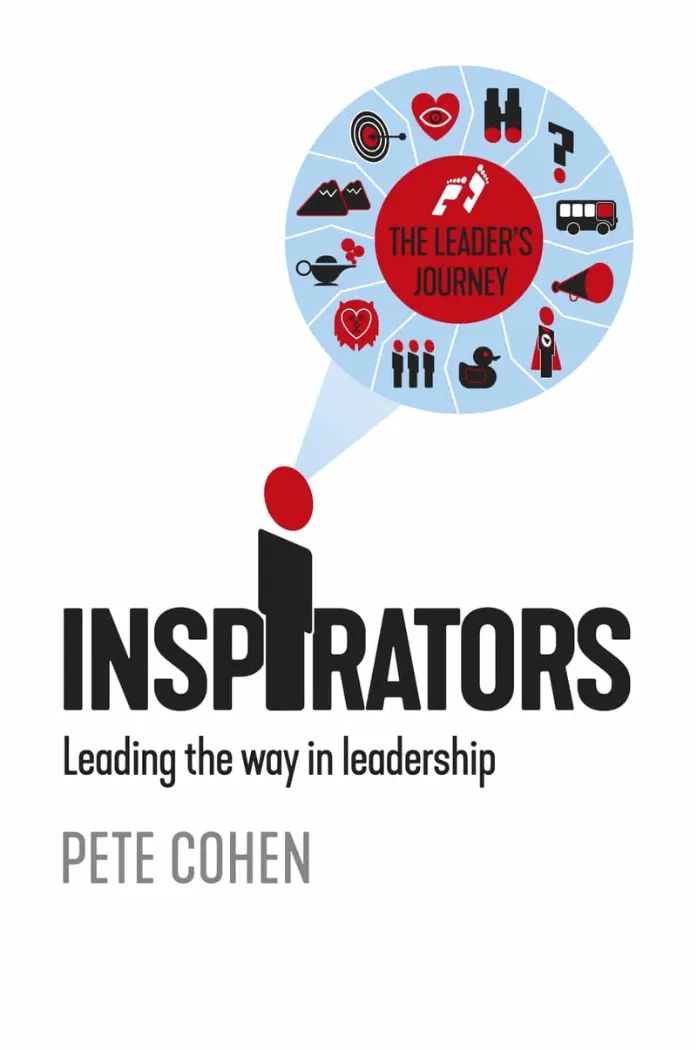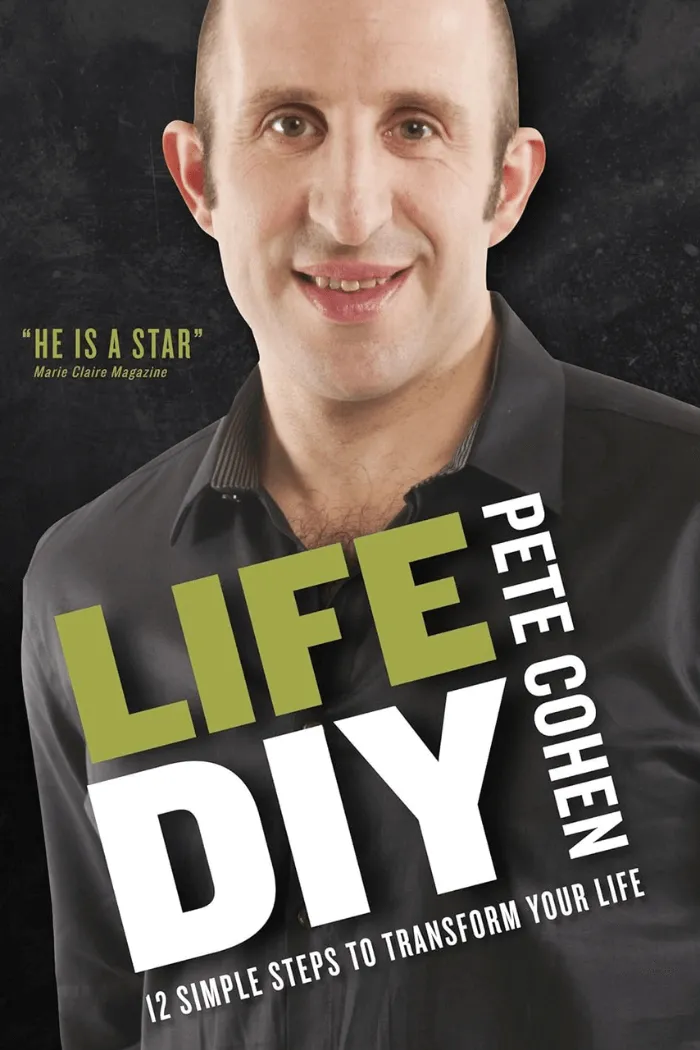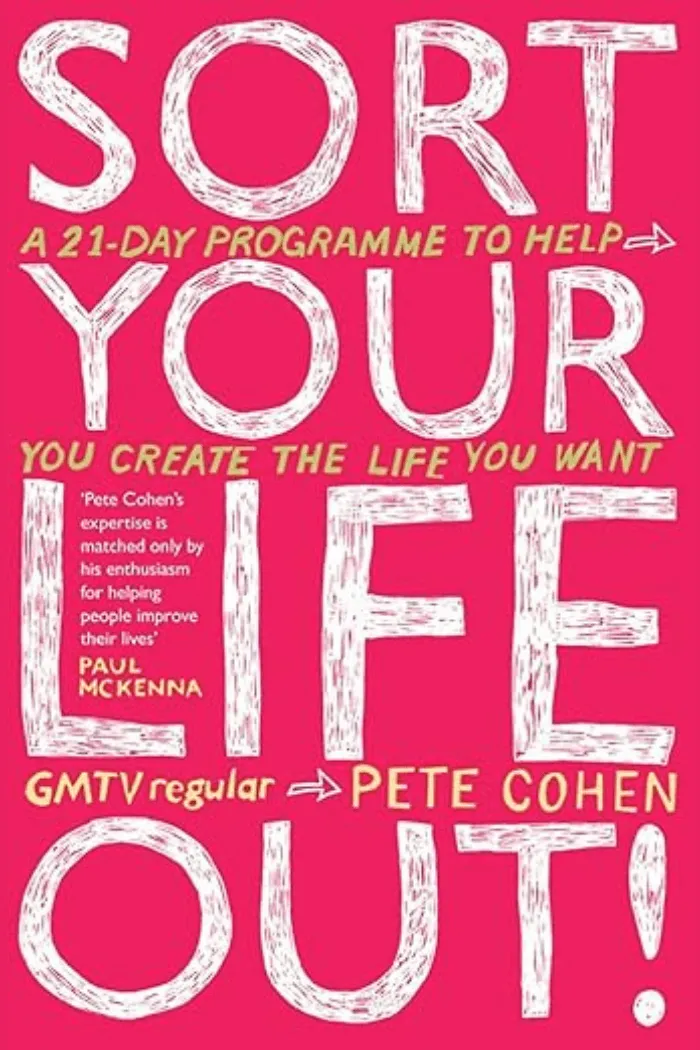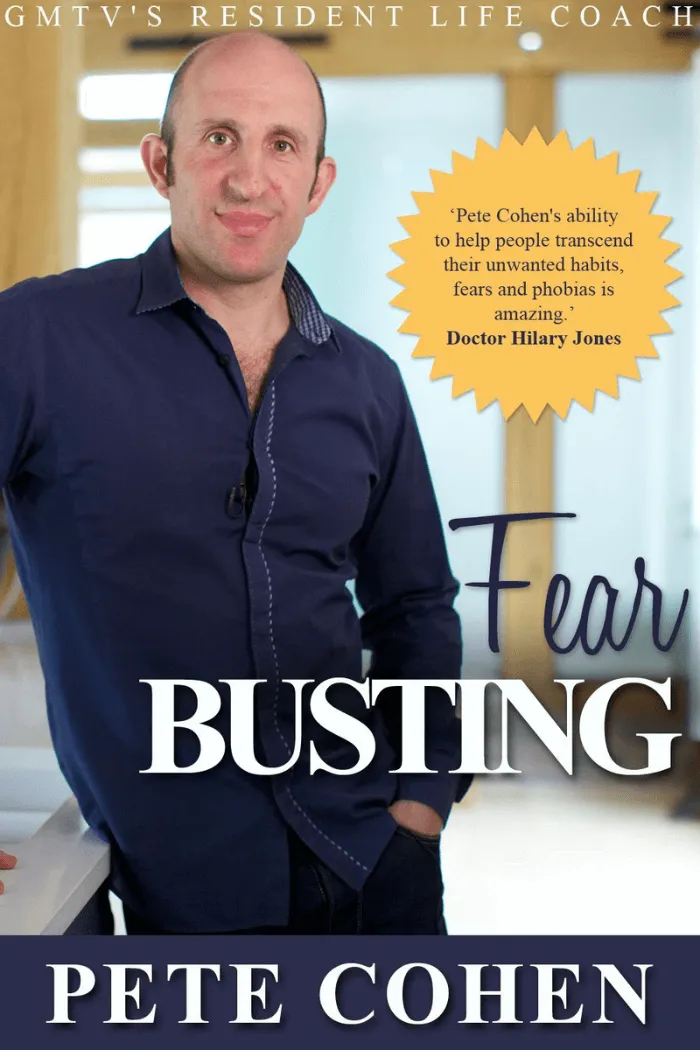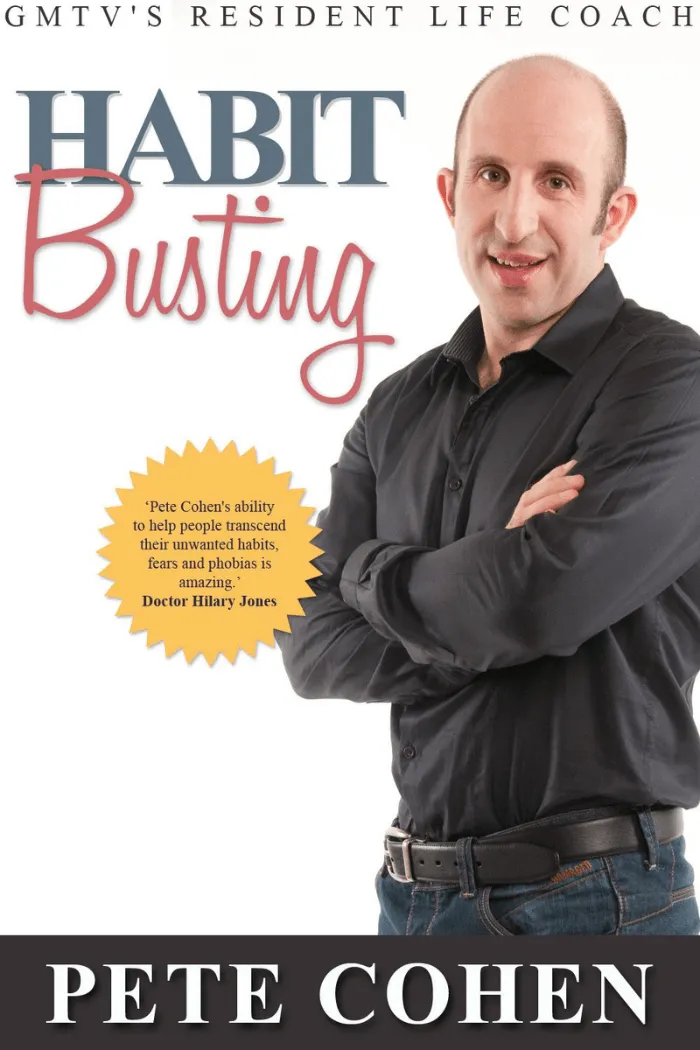“INSPIRING PEOPLE,
EMPOWERING PERFORMANCE”
“INSPIRING PEOPLE,
EMPOWERING PERFORMANCE”
AS SEEN ON
AS SEEN ON
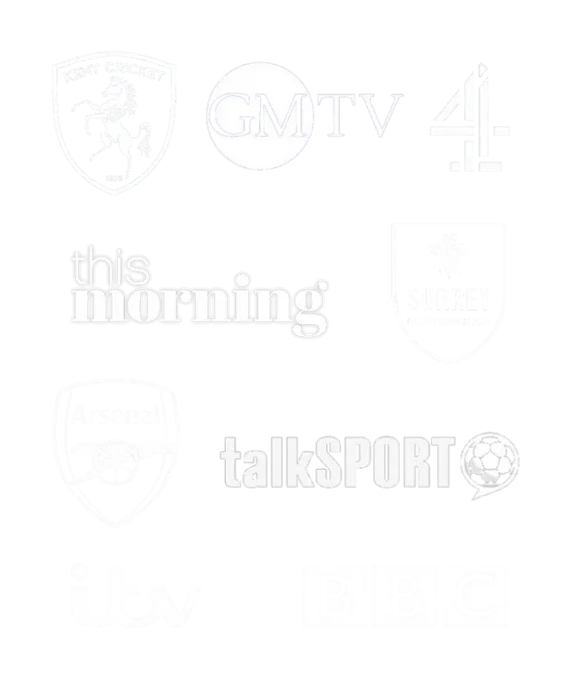
Cultivating An Environment Where Everyone Can Thrive
Inspiration – to breathe life into something – is what we are all seeking these days. After several incredibly tough years and an uncertain future, I’m drawing on over thirty years of experience to help organisations like yours regain their enthusiasm and energy. Motivating them in the room, on the day, is easy but that’s not where the magic happens. What they do after they leave the session is what I really care about.
A great keynote comes from the relationships that are built, before, during and after the session. People in your organisation can’t be considered in a block – they are all individuals, and they are all human. They have dreams and wishes and worries and insecurities – some of which they share, others which are hidden from sight. My aim is to connect with every person in the room and help them see the future for your organisation and their role within it. I want them to feel excited about how they can be a part of your goals as a company.
With that motivation for a better future, they leave the room inspired to shake off pessimism and build a culture of hope and determination. They’ll be ready to face the challenges ahead and to support one another to cultivate an environment where everyone can thrive.
Pete COHEN in Action
People I’ve worked with will tell you I’m charismatic and engaging on stage but we both know it’s not about me. It’s about you: your people and your team. I’m passionate about making a difference and my commitment is simple: to serve you and do whatever it takes to make your event a massive success, going above and beyond so my presence has maximum impact and gives you the results you want.
Why Should YOU Book Pete?
Renowned speaker
Pete Cohen is a distinguished speaker and presenter. He is a motivational and performance coach to the corporate sector, as well coaching both individuals and teams.
He has had speaking engagements for more than 200 major companies such as DELL, Boehringer Ingelheim, IBM, Novartis, Dove, Boots, Ingersoll-Rand, Bic, Pfizer, Four Seasons Hotels, Heineken, ITV, Thomas Cook, Vidal Sassoon, Royal Bank of Scotland .
People's Coach
With over 30 years of experience in psychology and human behaviour, Pete Cohen, the People’s Coach, has changed thousands of lives for the better. He has brought people out of despair to create a better life for themselves and their families. He has mastered the art of taking complicated and challenging topics and delivering them in ways that creates excitement and belief in people. Motivator, inspirator and friend, he remains humble and courageous in all he does.
Bestselling Author
Pete is a highly successful author with 20 books to his name. His internationally successful Habit Busting and Fear Busting were translated into multiple languages and he has had many bestsellers including Shut the Duck Up, Life DIY, and Sort Your Life Out. His books cover topics including health and wellbeing, personal development, leadership and engagement. And he's not done yet! He plans to write more to help people be the best they can be.
TV Personality
Pete was a resident life coach for GMTV for 12 years and made regular appearances on BBC2’s Confidence Lab and This Morning. He also appeared on Going for the Burn, Fat Chance and Fantasy Retirement as well as presenting his own TV programme, The Coach, with Andrea McClean.
He was internationally recognised as an expert for his formula for happiness in 2012 and still makes regular appearances on TV and radio .
Performance Coach
With a background in psychology and sports science Pete has brought world-class sporting stars and teams to peak performance. Clients include Sally Gunnell, Ellen MacArthur, Roger Black, the Kent Cricket Team and the Arsenal football Club.
He was performance coach to Ronnie O'Sullivan for over two years and instrumental in the snooker star's second world champion title.
Influencer
An influencer in the true sense of the word, Pete Cohen is active on social media with daily inspirational posts on Facebook, Instagram and YouTube. He was the first author to publish a book on the new social media platform Clubhouse, where he can be found every morning empowering people to change their mindsets and accomplish what they never thought possible. Thousands of people from across the globe follow his channels to be inspired and learn how to be extraordinary.
WHAT PEOPLE ARE SAYING
THE Mi365 PODCAST
The Mi365 Podcast shows how anyone (including you) can be who they want to be. Every episode gives you insights on how to create a better, more fulfilling life and accomplish your dreams. With a mix of interviews, profiles on the most inspiring figures in the world and presentations, there is something to inspire everyone to become their future self.
The Pete CohenYouTube Channel
Quick, powerful interventions that can easily be applied and make a significant difference immediately. It’s all about leaving an imprint and resonating with your entire audience. My videos are fun and inspired with fresh insights and new interactions people can’t wait to try them out for themselves.
BOOK PETE COHEN
for your Event
Hiring the right keynote speaker is vital to make the most of any event. I understand that and know what is important. I have 30 years of experience in understanding the underlying challenges you are facing and teasing out the outcomes you need for lasting success. If you want positivity and energy in the room and a connection with everyone in the audience to educate and empower them to act and be the change, then let’s talk!
Together we can craft a program that works perfectly for your event agenda.
Subscribe to My Newsletter
Get the latest insights from The People’s Coach: events, podcasts, interviews and more. Everything you need to be the best you can be.
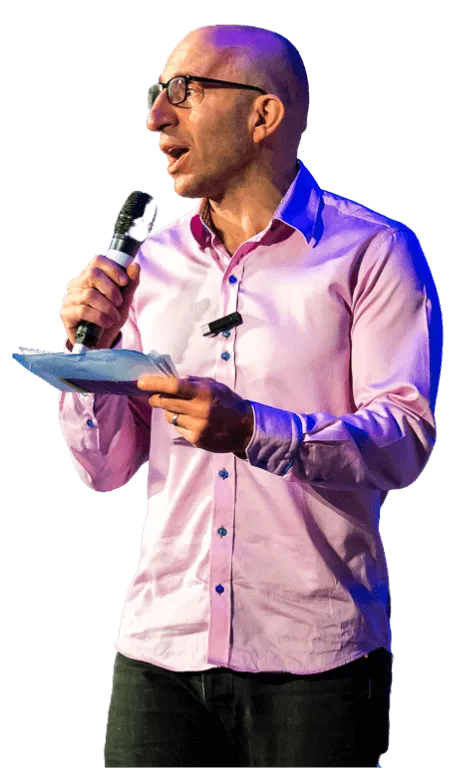

“The measure of success as a keynote speaker and coach is not just relevance but impact. And not just the immediate impact on the day, but the lasting impact of the days, weeks and even years afterwards. It’s all about leaving an imprint and resonating with your entire audience. You create a buzz, people have had fun, they’re inspired by fresh insights and new interactions and they can’t wait to try them out for themselves.”
Get In Touch
Mi365 Limited, 2nd Floor, Unicorn House, Station Close, Potters Bar London, London UK
© 2024 Pete Cohen. All rights reserved.

“The measure of success as a keynote speaker and coach is not just relevance but impact. And not just the immediate impact on the day, but the lasting impact of the days, weeks and even years afterwards. It’s all about leaving an imprint and resonating with your entire audience. You create a buzz, people have had fun, they’re inspired by fresh insights and new interactions and they can’t wait to try them out for themselves.”
Get In Touch
Mi365 Limited, 2nd Floor, Unicorn House, Station Close, Potters Bar London, London UK

